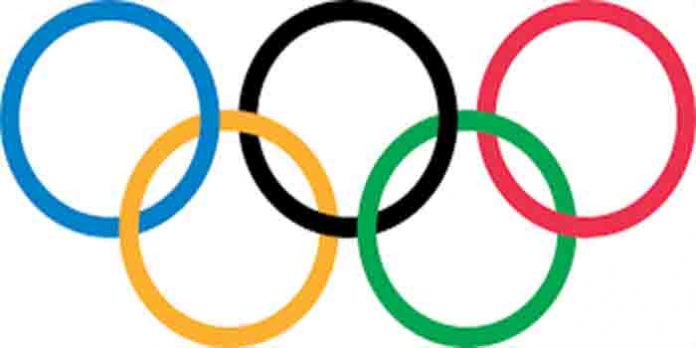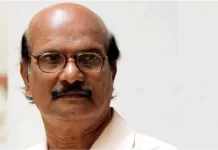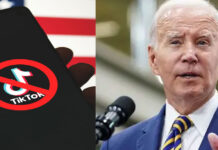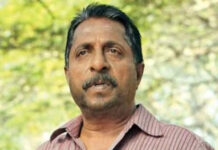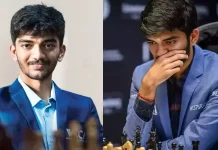Japan’s Prime Minister Yoshihide Suga has declared a coronavirus state of emergency for Tokyo that will run through the city’s hosting of the Olympics, as organisers consider banning all spectators from the event. Suga said on Thursday that the state of emergency would go in effect on Monday and last until August 22.
This means the Olympics, opening on July 23 and running until August 8, will be held entirely under emergency measures. Suga said the state of emergency was needed to “prevent the resurgence of the future spread on cases across the country”. Medical advisers experts have said for weeks that having no spectators at the Games would be the least risky option amid widespread public concern that the influx of thousands of athletes and officials will fuel a fresh wave of infections. The Tokyo Olympic head said a very difficult decision has been made on not allowing spectators. The pandemic-delayed Olympics open in just over two weeks on July 23. Surging COVID-19 cases in Tokyo have hit a two-month high that almost guarantees the Japanese government will declare a new state of emergency to start next week and continue for the duration of the Tokyo Olympics.
Japan has not suffered the kind of explosive COVID-19 outbreaks seen in many other countries but has had more than 810,000 cases and 14,900 deaths. A slow vaccine rollout has also meant that only a quarter of the population has had one COVID-19 vaccine shot so far. The new state of emergency in Tokyo comes as the capital announced 896 new daily infections on Thursday, near highs last seen in mid-May.


